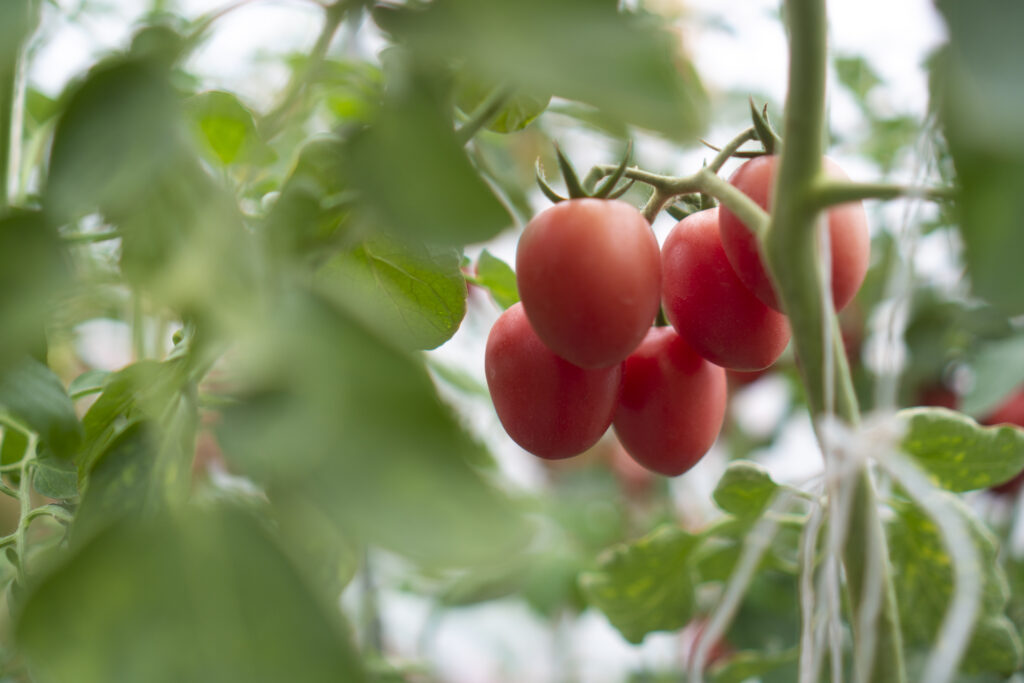Summary of Plant biostimulants: Enriching NPK with Plant-Stimulating Peptides
As the global population continues to grow, the need for increased agricultural production presents a major challenge. Especially when balancing high yields with environmentally sustainable practices. Conventional farming often relies on chemical inputs that, while effective, can harm the environment. Therefore, reducing these inputs without compromising productivity is essential. One promising solution is the use of natural biostimulants, which enhance plant growth in a sustainable way.
This study explores the effectiveness of a natural Biostimulant: Enriching NPK. When added to traditional NPK fertilizer (Cerbero®) this creates a new product, Cerbero Green®. The experiment was conducted in a greenhouse on hydroponic tomatoes (Solanum lycopersicum L.), comparing the performance of Cerbero® and Cerbero Green® at both full (100%) and reduced (70%) fertilization rates.
Results showed that tomatoes grown with Cerbero Green® had significantly higher marketable yields than those grown with standard NPK fertilizer, especially when fertilizer was reduced. Even at 70% of the usual fertilization rate, the biostimulant-enriched fertilizer maintained or improved crop performance, proving its effectiveness in supporting plant health and productivity.
In addition to the yield benefits, the study also included a carbon footprint analysis. It found that using Cerbero Green® could reduce the environmental impact of hydroponic tomato cultivation by up to 8%. This indicates that natural biostimulants not only support better agricultural performance but also contribute to climate-friendly farming practices.
In summary, incorporating biostimulants like Cerbero Green® into fertilizer strategies can increase both economic returns and environmental sustainability. The study reinforces the potential of natural biostimulants to transform modern horticulture by enabling high-yield, low-impact production systems—an essential step toward meeting future food demands responsibly.
Publication: Frontiers in Plant Science









